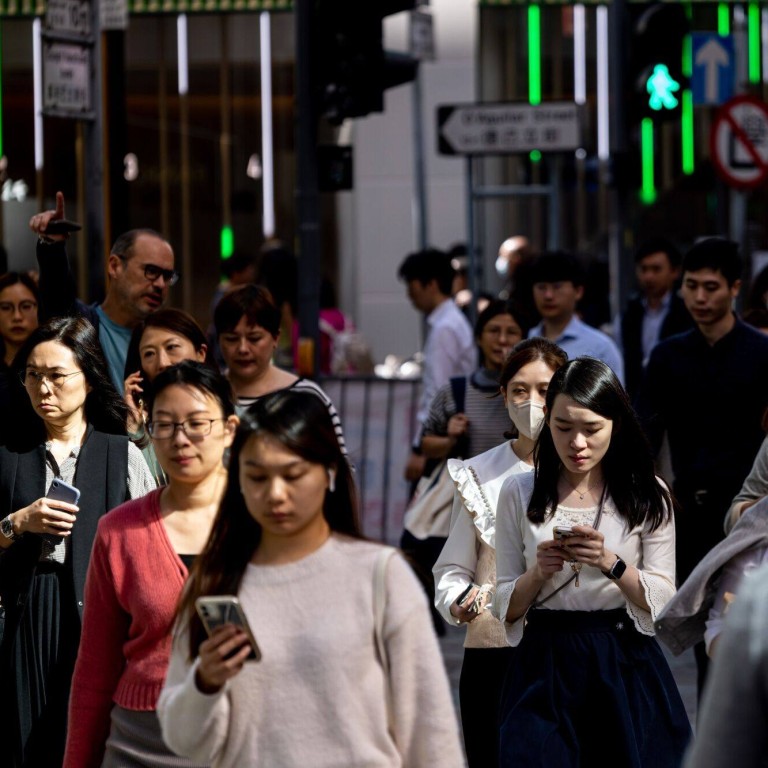
Letters | How companies can ensure gender bias doesn’t hold women back
- On International Women’s Day, readers discuss the need to better support women as they move up the career ladder, migrant domestic workers’ efforts to create a more inclusive city, and the Hong Kong government’s baby bonus
Women have many strengths and talents which are not fully tapped into. Overcoming gender bias in the workplace should be a goal for every company.
According to the Women in the Workplace 2023 report by McKinsey & Company and Leanin.Org on women in corporate America and Canada, women are more ambitious today than before the pandemic. Women and men at the director level are equally interested in C-suite roles. Young women are especially ambitious: nine in 10 women under the age of 30 want to be promoted to the next level, and three in four aspire to become senior leaders.
I believe the trend is similar here in Hong Kong and in mainland China. But how can we give more reasonable support to female employees and treat brilliant women fairly when it comes to career advancement?
At the general level, everyone should be educated so that they are aware of the gender issue, possible biases and the implications. I delivered a workshop on “unconscious bias” at a Swedish company in Shanghai in January , which was attended by almost all the local staff, including the company’s leadership. We spent the most time on gender bias when discussing unconscious biases.
Both in the East and the West, companies still have a long way to go in supporting women’s career advancement. The McKinsey survey showed that women’s representation in C- suite, senior vice-president and vice-president positions increased only 6 percentage points, 4 percentage points and 4 percentage points respectively in 2023 as compared to 2018.
These figures are disappointing, and show much more needs to be done.
Fion Yip, Guangzhou
Migrant workers show the power of mutual support
Working closely with our MDW ambassadors, who we train to be community leaders, has been a transformative experience for me. These women are tenacious, determined and accomplished. In their unique ways, they are shaping an inclusive culture in Hong Kong, whether by promoting awareness of maternity rights and protections through outreach, by providing a platform for domestic workers to express themselves through writing or by sharing their stories on social media. Countless women’s self-esteem has been raised, and their capabilities actualised, in the nurturing environment of empathy and inclusion created by these leaders.
Today, let’s reflect on the progress made, particularly by migrant domestic worker leaders, in promoting diversity and inclusion for women in Hong Kong. MDW leaders’ creative leadership and transformative efforts have truly empowered numerous women and promoted positive change – and in so doing create a kinder, more inclusive future not only for women of all backgrounds, but for our next generation in Hong Kong too.
Zachra Chairul Annam, MDW ambassadors’ coordinator, PathFinders, Hong Kong
New parents need help with care, not a one-time bonus
Not only will the sum offered not go very far, young couples in Hong Kong often work long hours, with little time to provide the care that children need. This is not a problem the government’s baby bonus can solve.
What new parents need is help with caring for their children, whether through the employment of home-based caregivers or the provision of care facilities.
Sasa Chan, Tseung Kwan O

